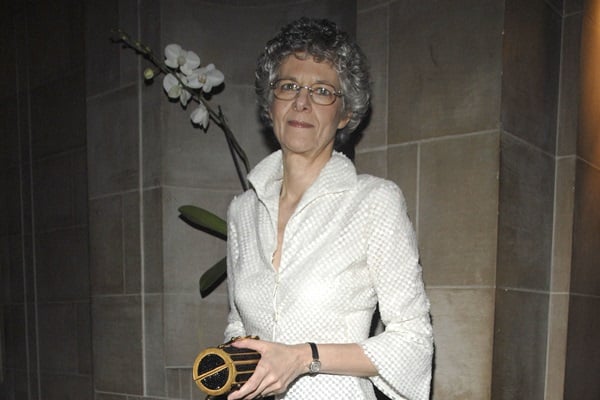Galleries
Former Knoedler Director Ann Freedman Says She Was the ‘Perfect Mark’
She insists she's the victim.

She insists she's the victim.

Henri Neuendorf

In 2011, the venerable Knoedler gallery shuttered amid a flurry of lawsuits, after being in business since its founding in 1846. The dealers were accused of selling several fake Abstract Expressionist works, including an $8.3 million Mark Rothko painting purchased by plaintiffs Domenico and Eleanore De Sole.
At the De Sole trial, expert witness Martha Parrish testified that Freedman ignored all the signs: “A reputable and responsible dealer would run like hell, because there are too many red flags flying for anyone to take the risk.”
So far, nine lawsuits have been brought against the gallery and its former director Ann Freedman. Five have been settled, four are still pending, and only one has gone to court.
After the epic trial earlier this year, Freedman has not spoken publicly about her involvement with the forgery scheme. Before she was scheduled to take the stand, her lawyers reached a settlement with the De Soles.
Months later, she’s broken her silence in an interview with the Art Newspaper. Here are the five key things that she had to say.
1. She’s the victim.
“I was a perfect mark, so I’m told, and my research helped them figure out their own scheme.” Freedman goes on to call Long Island art dealer Glafira Rosales and her co-conspirators, from whom she bought the forgeries, “exquisitely conspiratorial wizards.”
2. She didn’t know the paintings were fake.
“There has been a lot of misunderstanding […] Looking back, there can be things I didn’t see at the time.”
[During the proceedings in February it emerged that Richard Diebenkorn’s family expressed concerns over the authenticity of the works “found” by Rosales as early as 1994.]
3. She’s not an art expert.
“I always looked to scholars,” Freedman said, explaining that she saw herself as a dealer and art lover rather than an authority.
4. The art world is particularly susceptible to fraud.
“There’s no greater ripe field for it than works of art. [Even] museums know they have questionable works,” Freedman said.
5. She’s really sorry.
“I am terribly sorry for anybody who [says they have been] hurt or damaged […] But let me be clear, this is [about] works of art. I didn’t slay anybody’s first-born. We have to have some perspective on suffering.”